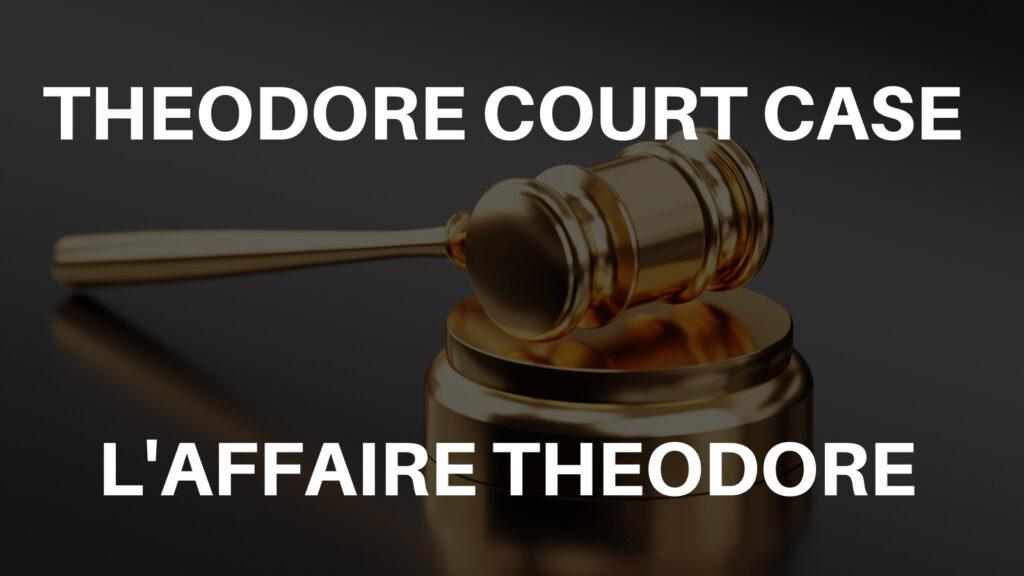In a unanimous decision, Saskatchewan’s highest court has upheld the right of Catholic schools to receive provincial government funding for non-Catholic students.
The ruling stems from a legal dispute almost 20 years in the making. In 2003, Good Spirit School Division closed the only school in Theodore, Saskatchewan. In an effort to keep a local school, parents worked with Christ the Teacher Catholic School Division to open a Catholic school. As a result, the public school division took the matter to court.
This decision overturns the 2017 ruling that sought to limit public funding for students who choose to attend Catholic schools in Saskatchewan but lack a Catholic baptismal certificate. The initial ruling ran contrary to the inclusive values of Catholic education and undermined the educational decisions of parents.
“This appeal decision confirms what we have said and believed all along: parents know what is best for their children and they should be able to choose Catholic, faith-based education if that is what they want – no matter their reasons, faith backgrounds or traditions,” explains Tom Fortosky, Executive Director for the Saskatchewan Catholic School Boards Association.
Although this ruling is based in Saskatchewan, it speaks to the rights of all Canadian students and their parents.
“We are very pleased with this unanimous decision from the Saskatchewan Court of Appeal,” says Julian Hanlon, CCSTA Executive Director. “While their decision pertains to a specific case in Saskatchewan the decision is relevant for publicly funded Catholic Schools across the country. It reaffirms our belief that all students have the right to attend Catholic Schools and that the appropriate funding follows the student.”
In fact, this decision will impact legislation in other jurisdictions.
“Choice in education has been our focus all these years and we are happy that we can continue to offer that to all students,” explains Paula Scott, CCSTA President. “This is a huge win for Catholic Education in Canada, as it does impact other provinces with similar legislation.”
Fortesky adds that inclusion is in the bedrock of Catholic education nation-wide.
“Catholic Education has always been open and inclusive,” he explains. “Education is a good in and of itself and we are enjoined by the Vatican II Declaration on Christian Education to provide education for the benefit of society. We are grateful to also participate in the evangelizing mission of the Church.”
Throughout the lengthy litigation, support for publicly funded Catholic education poured in from throughout the country.
“We greatly appreciate all the support we received locally, provincially, and nationally throughout this trial,” says Scott. “This support gave us hope that we would succeed.”
Categories:


Leave a comment